Ecotourism is finding itself more and more centre stage in the tourism industry, as companies and travellers alike start to realise its importance.
It’s a concept that is absolutely essential in today’s world where tourism, if done poorly and irresponsibly, can have devastating effects on local and global environments.
Here at Not In The Guidebooks, we are huge advocates of ecotourism and all the benefits it can bring travellers, locals and the natural world, but it’s also a term that can be chucked around pretty loosely.
It’s vitally important that ecotourism isn’t a label we use frivolously, as if we do, we risk endangering the very values it aims to uphold, as providers aim to appeal to a certain type of customer by simply slapping the word ecotourism on their tours or holidays.
So let’s take a look at what ecotourism actually is, and why it is so important in protecting the future of travel, and the future of the planet.
The Definition of Ecotourism
Ecotourism is now generally agreed to be “responsible travel to natural areas that conserves the environment, sustains the well-being of the local people, and involves interpretation and education”.
It’s easy to fall for the assumption that ecotourism must revolve solely around the concept of being eco-friendly, and single-mindedly focus on just one aspect of what ecotourism really represents.
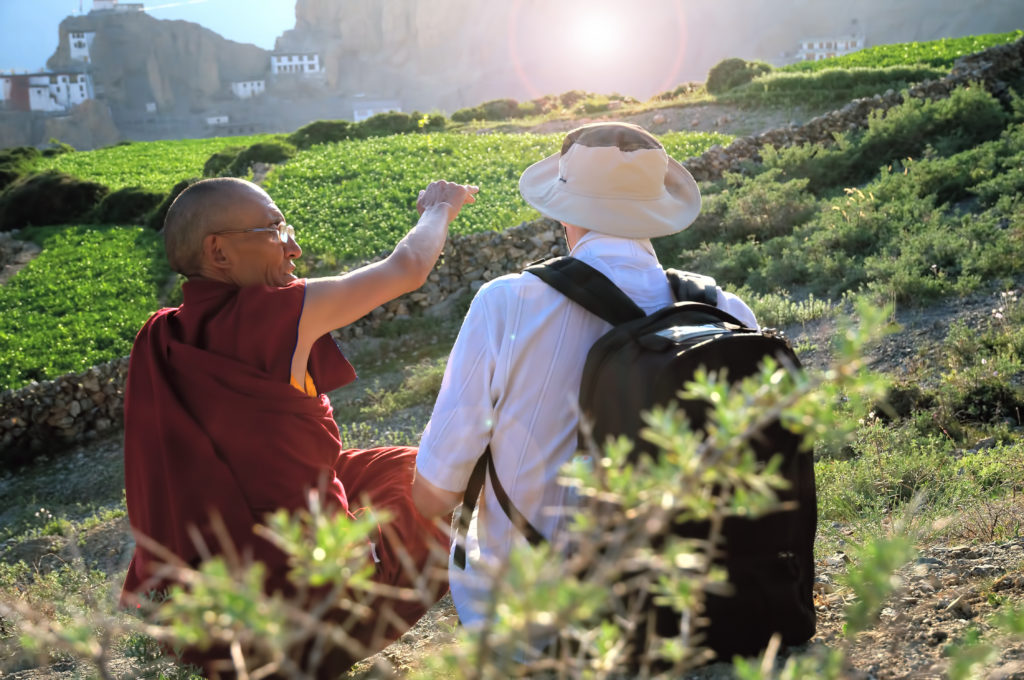
As you can see from the definition above, ecotourism is split into three key pillars:
1. Travel that conserves the environment
The first, and most readily-associated benefit of ecotourism is that it protects the environment. This could be in the form of no-fly holidays, tours that use only eco-friendly accommodation, or excursions that actively help conserve and protect the local wildlife or environment.
At the very least, anything that damages the local ecosystem, especially whilst not acknowledging the damage that it causes – massive cruise ships, helicopter rides, for example – can never be considered ecotourism.
Exploring an area on foot, by bike, by kayak or on horseback? These are all ways in which you can experience a place without leaving a huge carbon footprint, whilst actually immersing yourself in nature and getting to know a landscape far more intimately.
2. Travel that supports local communities
The second pillar of ecotourism is that it sets out to support the local people and the local communities who live in travel destinations. At Not In The Guidebooks, we are enormous advocates of this side to ecotourism, and every single one of our experiences helps support local people and local businesses.
Tourism is and can be a huge benefit to local communities when done right. When visitors from foreign countries arrive, bringing with them money to spend, if the money goes to the right places and the right people, for example, to businesses based in and owned by people in the local area as opposed to huge hotel chains, then the benefit can be really wide-reaching.
3. Travel that educates
The final pillar of ecotourism centres around ensuring visitors understand the impact they are having on the local community and the local environment, so that they can alter their behaviour to further benefit these places in the future.
By showcasing incredible wildlife or fascinating local cultures in a way that celebrates them and helps visitors gain an appreciation and understanding for them, then those tourists go away acutely aware of the need to protect these habitats or traditions.
Changing people’s perception of travel and their travel habits for the future is hugely important if ecotourism is to work. If people continue to stay at 5-star hotel chains and visit areas of natural beauty in ways that slowly destroy them, then ecotourism can’t ‘fix’ the tourism industry.
NITGB Ecotourism Experiences
Why is Ecotourism so Important?
If we want tourism to continue as a concept, if we still want to visit beautiful untouched landscapes, traditional villages, fascinating cities that preserve a unique culture, then ecotourism is vital.
There are examples all over the world of stunning ancient landmarks or once pristine ecosystems that have been all but destroyed due to the effects of tourism, robbing not only future travellers of the chance to see them in all their glory, but also the local communities left behind of their chance to make a living out of sharing their incredible homes.
For example, coral reefs in the Caribbean and off Australia have been wrecked by cruise ships or irresponsible tours, leaving no reef to visit, no tourists visiting, no habitat for wildlife, and no livelihood for those that once relied on a steady stream of visitors.
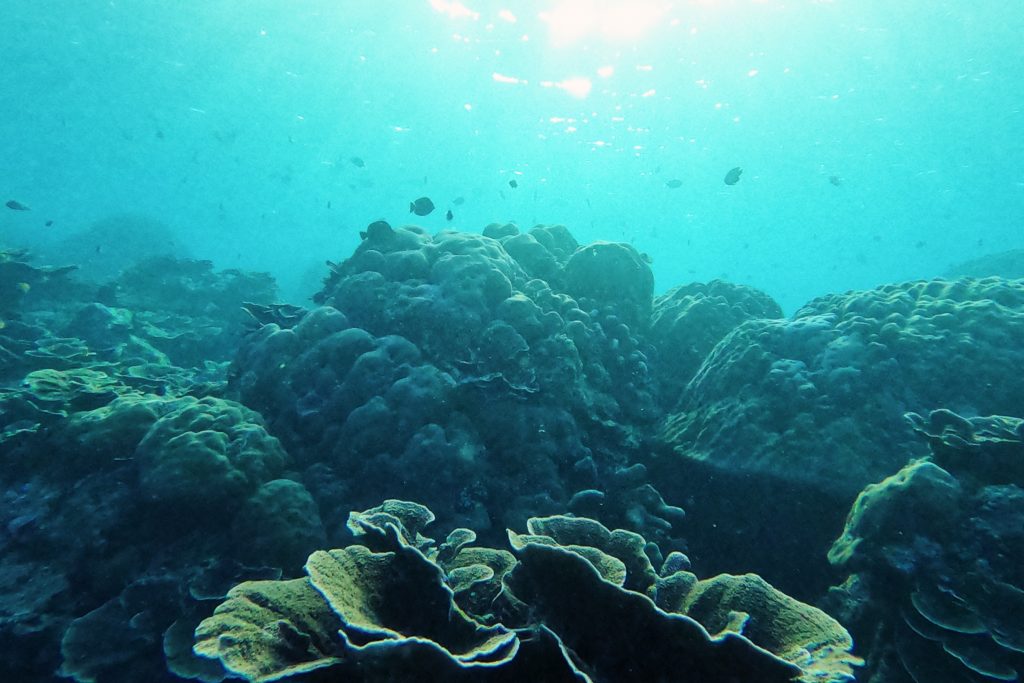
When done right, tourism can be a wonderful thing that brings people together from all over the globe, in order to share the wonders the world still has in abundance.
It can also protect areas of natural beauty, the rainforests in Indonesia for example, from industrialisation and destruction. As a source of income for the local people and the country as a whole, this incredibly rich, diverse landscape could be protected by the fact that, when left as it is, people from all over the world want to come and experience that environment.
Governments clearly have a history of not wanting a piece of land to sit, not being ‘productive’, or earning any money, so ecotourism is important in providing an alternative use for unspoilt land like a rainforest. If money can be earned through protecting an environment and keeping it unspoilt, as opposed to ripping it up for palm oil growth, then we help preserve the very ecosystems that are so vital to our planet’s survival.
Ecotourism and Not In The Guidebooks
So how are we, at Not In The Guidebooks, attempting to do our bit for the planet and promote ecotourism?
First, all our tours are beneficial to the local people whose homes you are visiting. By working with small suppliers and independent local businesses, we ensure the money you spend directly supports the local economy, reducing the need to ruin a local culture or environment in order for it to be financially viable.
By booking with us and travelling like a local, with a local, you add value to a culture, a landscape, a tradition, and help encourage its conservation.

We never run tours that cause damage to, or endanger, the local natural environment. In fact, many of our tours, such as adventures in Cambodia or South Africa, actually involve you helping to conserve magnificent species and protect them from poaching or exploitation.
Our tours and experiences also focus around truly authentic experiences, which means that you, the traveller, see a place at its best – like a local.
By promoting truly authentic experiences, we are helping to add value to diverse, unique cultures and traditions, in the hope that this will help preserve them for future generations and maintain the wonderful differences that exist from community to community, and culture to culture.
Ecotourism is incredibly important and central to virtually everything we do at Not In The Guidebooks, because if tourism is done right, then everybody benefits.





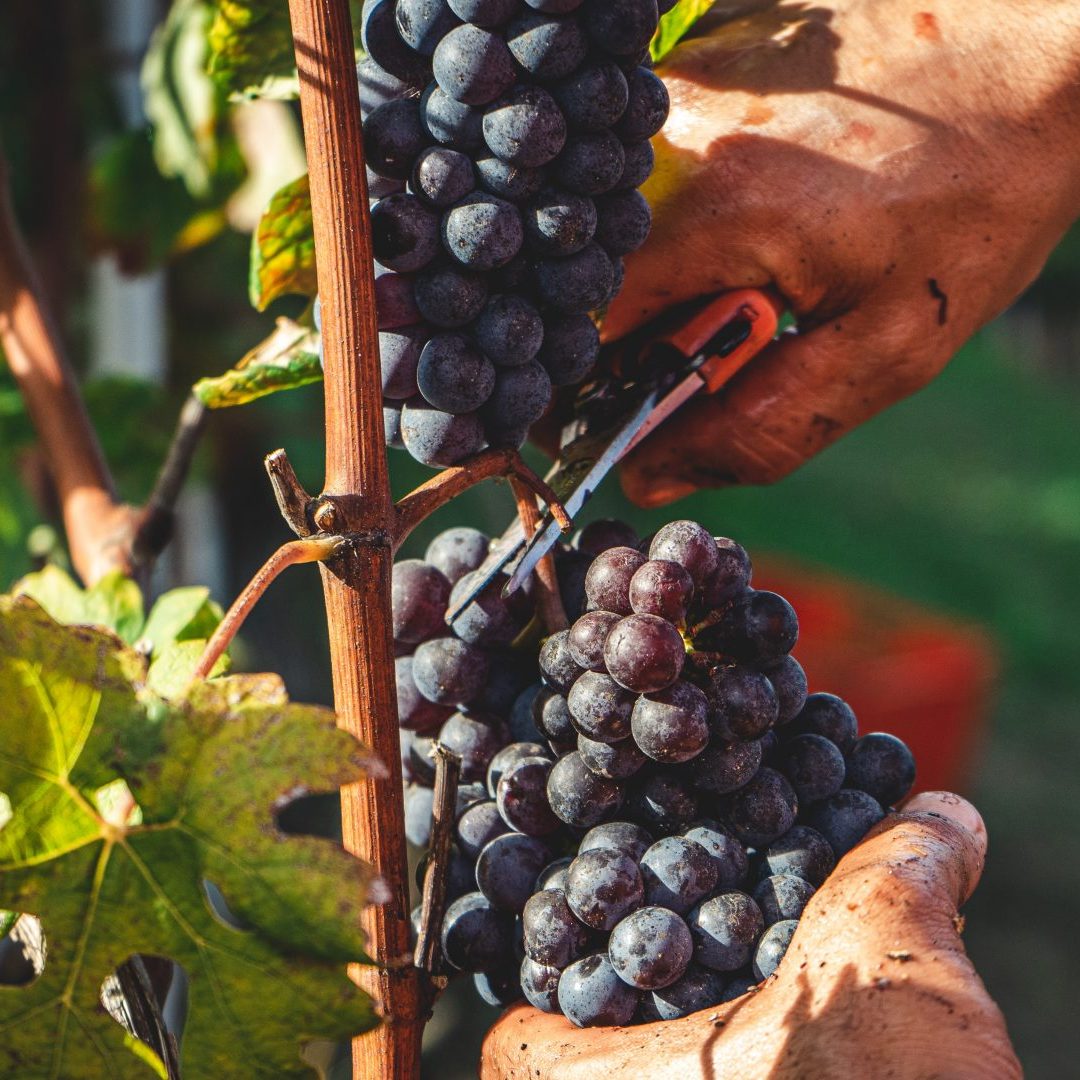

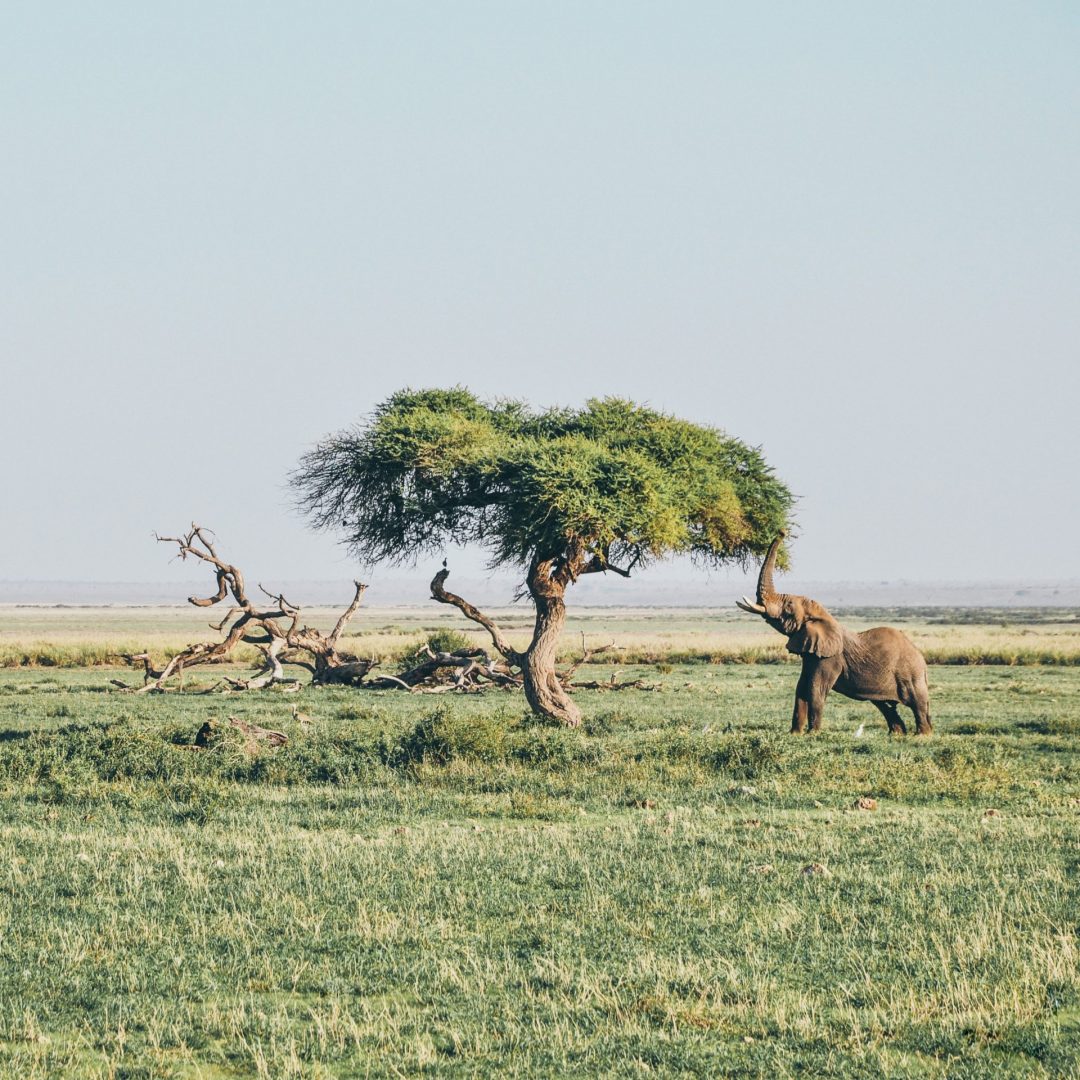

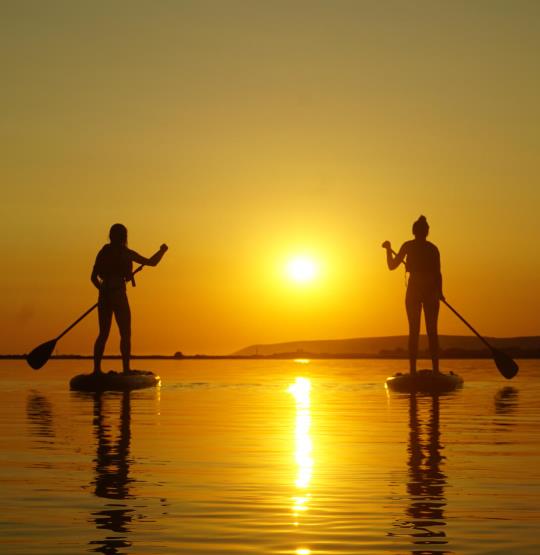
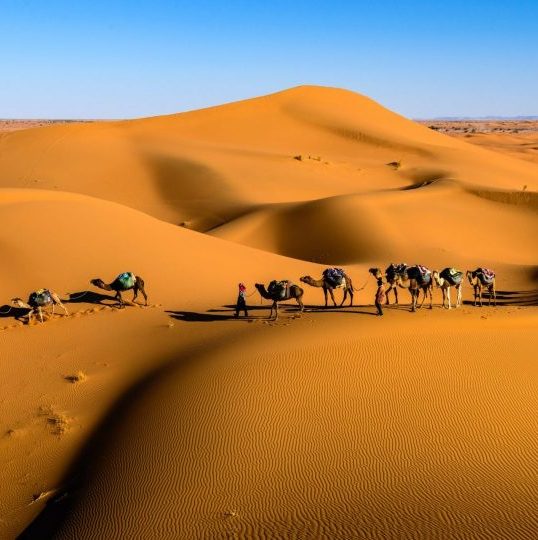


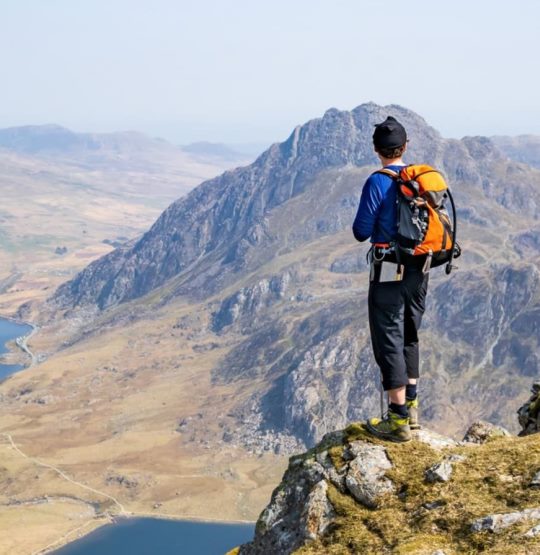
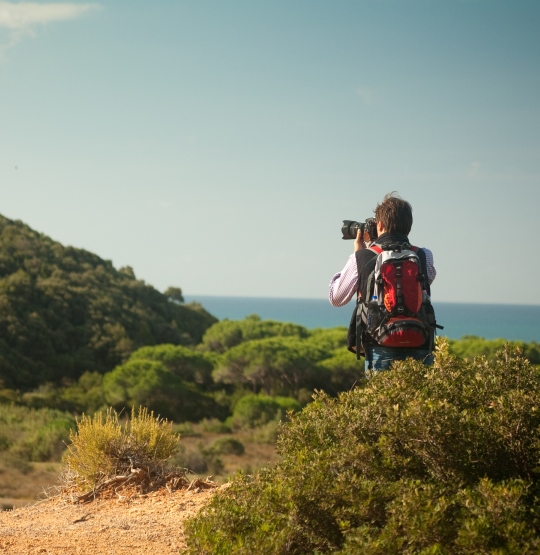


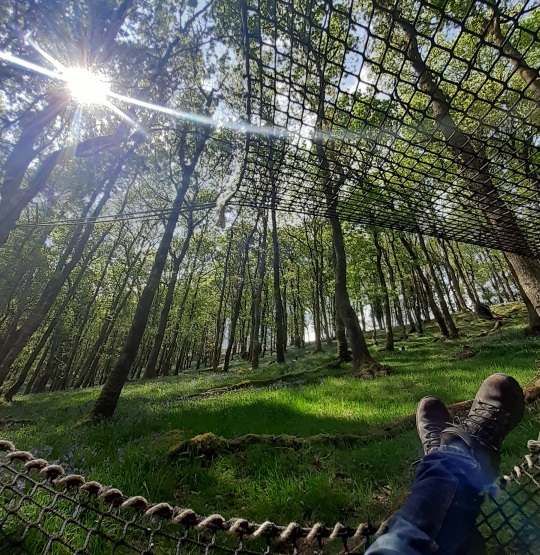

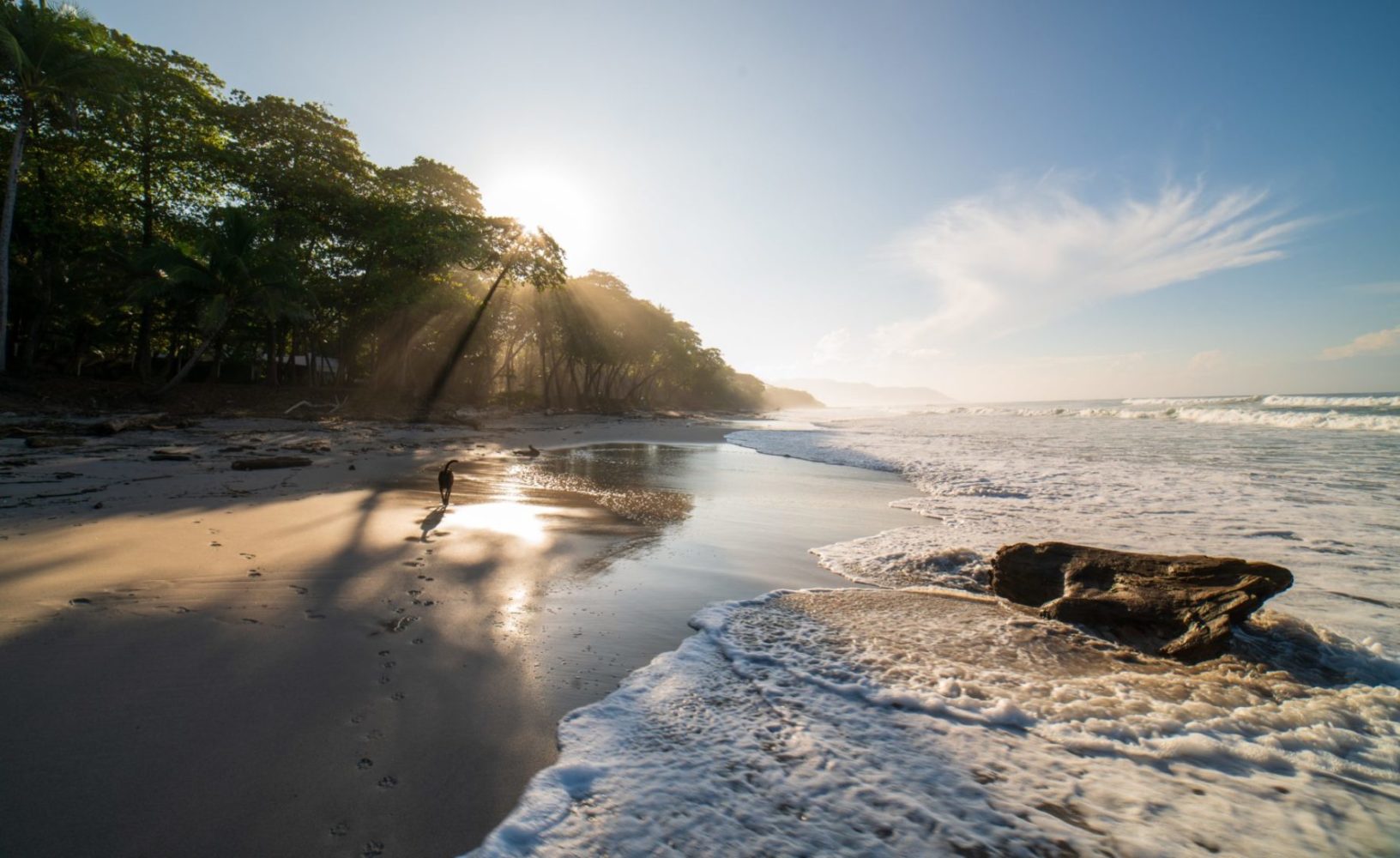


 Costa Rica
Costa Rica 


 21/12/2022
21/12/2022 


